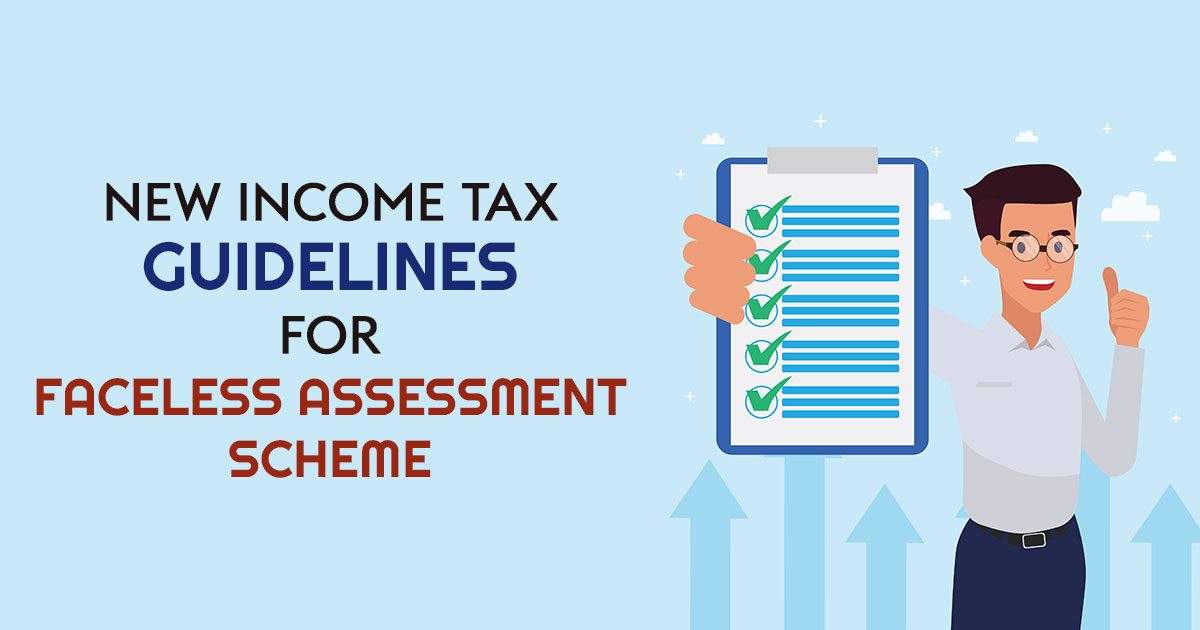
New compliance for the income tax dept assessing officer has been announced by the Central Board of Direct Taxes (CBDT) so as to diminish the errors in the procedure and raise the faceless assessment system for the assessee.
As per the decision, the assessing officer (AO) shall be needed to issue a show cause notice to the assessee in whose case “any variation prejudicial to the interest of the assessee is suggested” or to point in which action with respect to the taxpayer is planned.
CBDT rules arrived in the background of another order for the creation of ‘local committees’ beneath individual chief commissioners to see into grudges linking to “high-pitched” assessments.
“A monitoring committee of the Central Board of Direct Taxes (CBDT) has also been put in place to monitor the work done by the local committees,” a senior officer told PTI.
Central Board of Direct Taxes (CBDT) guided faceless assessment units to build the plans for finishing the assessments in a methodical and timely way. Moreover, the instruction to the tax officials is that they need to maintain the items along with the refunds, penalties, and reassessments as a priority for the first half of the present financial year (2022-23).
Currency the income tax dept would have finished over 2.8 lakh cases beneath the faceless assessment schemes (FAS) incorporated by the government in 2019-20.
As per the officials, the faceless assessment regime would have been rectified continuously and any complaints from the assessee and related stakeholders have been acknowledged.
“Several checks and alerts apart from systemic intervention have been introduced by CBDT as part of the latest SOPs to minimize the incidence of procedural errors at the level of the faceless assessing officer,” officials said.
Read Also: NFAC: SOP for AU, VU, TU and RU Under Faceless Tax Assessment
As per amended SOPs, a final assessment decision beneath the faceless policy shall not get approved until a number of needs would accomplish before the issue of the show cause notice food the cases in which any recommendation adjustment shall be harmful to the taxpayers.









